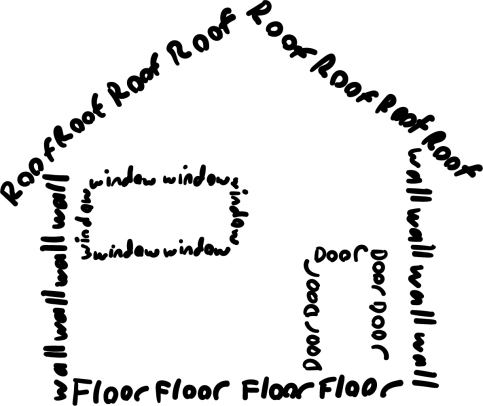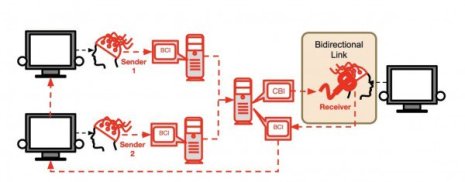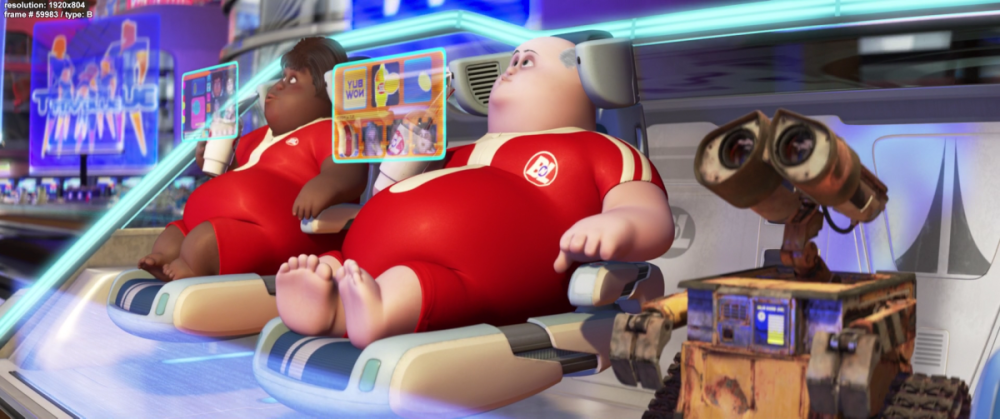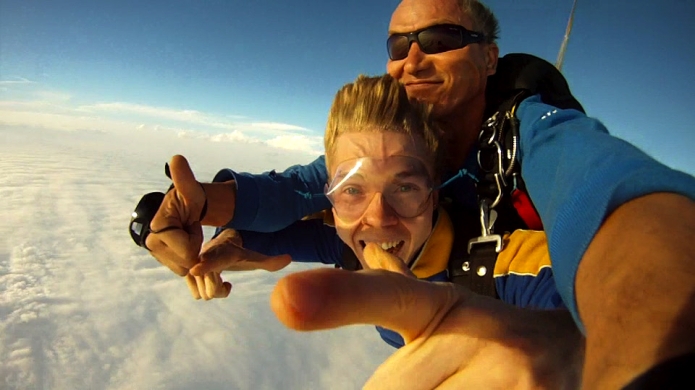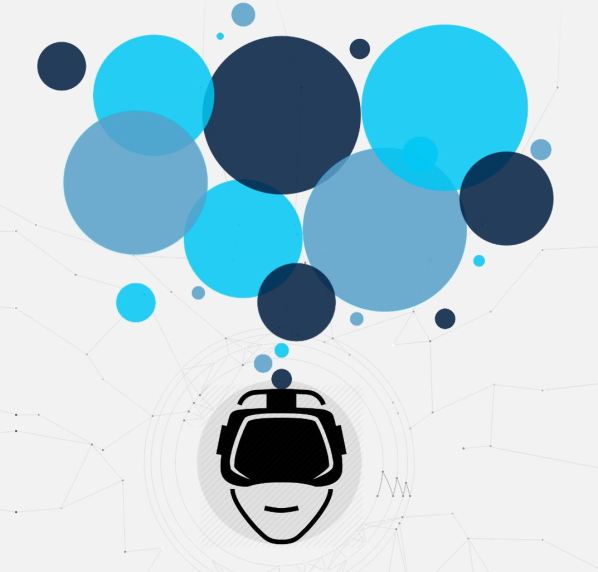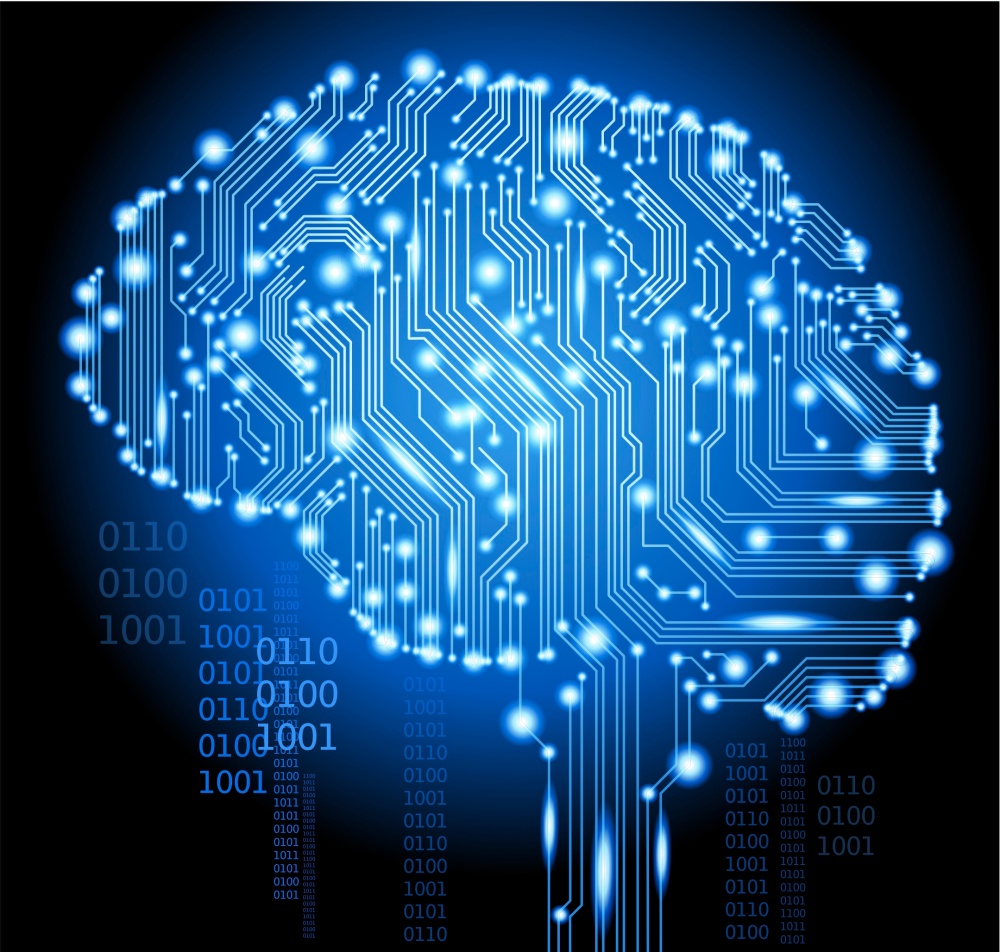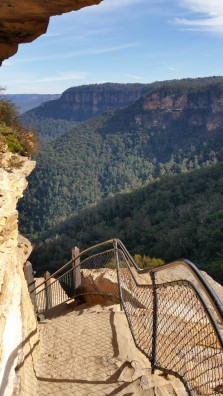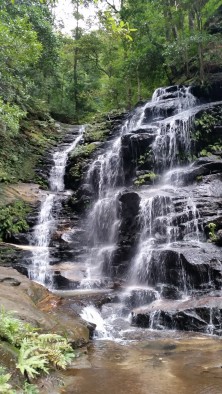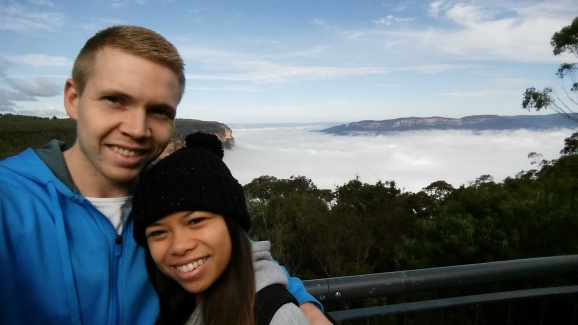The New Age of Telepathy 🧠
BrainNet recently enabled 3 people to directly transmit their thoughts. At the moment it is merely a Tetris like game, where rotation instructions are transmitted from the mind of one person to another. But like any new medium, the bandwidth is low… for now. Considering the development from morse code to telephone voice calls, to today’s wireless video chat across the world, it’s likely this medium’s bandwidth will grow much the same.
So this got me thinking about how we communicate and when do we start calling it Telepathy?
The Collins Dictionary defines Telepathy as:
Telepathy – Communication between minds by some means other than the normal sensory channels; transference of thought
Now this concept has always fascinated me, in fact, the landscape of communication itself has always triggered a sense of wonder for me.
I see communication as a way of externalising the inner mind, or in many ways making the infinite finite. Distilling abstract thought and sensory information into varying levels of explicit information that can be observed and experienced by someone else’s perception.
From the early days of evolution, the ways by which life could communicate are directly related to collective behaviour and the sense of self. Think back to early cavemen and the indicative grunts, sounds and movements which allowed them to warn of dangers, collaborate and bond. From there we upgraded the operating system of our mind and language was born. We can now use shared mental models to describe complex stories and emotions through our voice, to anyone in our vicinity.
